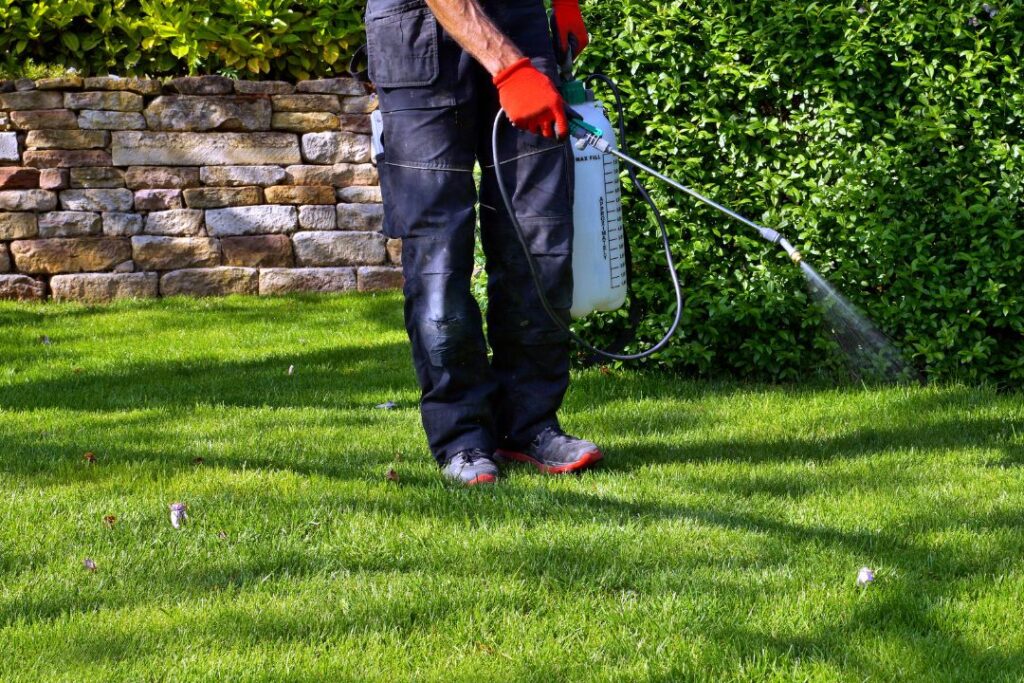
Controlling pests in outdoor spaces, whether it’s in your garden, backyard or a public park, is crucial to maintaining a pleasant and healthy environment. Pests can pose various problems ranging from minor annoyances to serious health risks. Mosquitoes can transmit harmful diseases like West Nile virus and Zika virus, while ticks spread Lyme disease.
Understanding the behavior and lifecycle of different pests is essential for effective control. Many pests like specific environments or food sources, and knowing these preferences can help you target them more effectively. Learning the best pest control methods for outdoor use can create a pest-free environment so that you can enjoy quality time outside.
Biological Control
Biological control involves using natural predators to manage pest populations. This method is particularly effective in gardens and agricultural settings, where maintaining an ecological balance is vital. Introducing ladybugs can control aphids, while nematodes can target soil-dwelling pests. This method is environmentally friendly and minimizes the need for chemical interventions, making it a preferred choice for sustainable pest control.
Chemical Control
Chemical control methods include the use of insecticides and pesticides to reduce pest populations. While effective, you need to use these chemicals responsibly to minimize environmental impact. Always follow the manufacturer’s instructions and consider the potential effects on non-target species. Integrated Pest Management strategies often combine chemical control with other methods to achieve more sustainable results. When used carefully, chemical control can be a powerful tool in the fight against pests.
Foggers
Among the various pest control methods included in chemical control, foggers stand out as particularly crucial. Fogging involves the use of a fine mist of insecticide that kills mosquitoes on contact, effectively managing them. One of the major reasons mosquito fogging is so important is its effectiveness in swiftly controlling large populations. With various devices available, mosquito fogging remains one of the most effective methods for immediate pest control.
Physical Barriers
Physical barriers are another effective pest control method for outdoor use. Installing screens, nets or fences can prevent pests from entering specific areas. Using mesh netting over garden beds can protect plants from insects while still allowing sunlight and water to reach them. Fencing can keep larger pests, such as deer or rabbits, out of your garden. Physical barriers offer a non-toxic and immediate solution to pest control, making them an effective and straightforward option.
Environmental Modification
Modifying the environment to make it less conducive to pests is another effective strategy. This can include practices such as removing standing water to prevent mosquito breeding or trimming overgrown vegetation to reduce hiding spots for rodents and insects. Proper waste management also plays a crucial role in eliminating food sources for pests. By making the environment less hospitable, you can naturally reduce pest populations.
Effective outdoor pest control requires a multifaceted approach, combining biological, chemical and physical methods, along with environmental modifications. By understanding and implementing these strategies, you can enjoy your outdoor spaces without the nuisance and potential health risks posed by pests.


